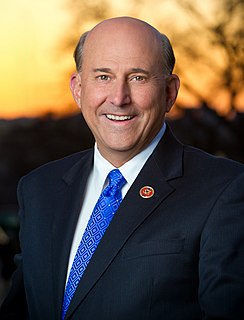A Quote by Robert Dallek
From the moment he took office in January of 1961, Kennedy had been eager to settle the Cuban problem without overt military action by the United States.
Related Quotes
There had been a free and open election in Haiti in the early 1990s and president Jean-Bertrand Aristide won, a populist priest. A few months later came the expected military coup - a very vicious military junta took over, of which the United States was passively supportive. Not openly, of course, but Haitians started to flee from the terror and were sent back and on towards Guantanamo Bay. Of course, that is against International Law. But the United States pretended that they were "economic refugees."
I see the war problem as an economic problem, a business problem, a cultural problem, an educational problem - everything but a military problem. There's no military solution. There is a business solution - and the sooner we can provide jobs, not with our money, but the United States has to provide the framework.
The drug problem is in the United States, not in Mexico. It's a demand problem and that is to be dealt with here, and it is not being dealt with. It's been shown over and over that prevention and treatment are far more cost effective than police action, out-of-country action, border control, and so on.
President Kennedy has named two Negroes to District Judgeships and appointed Thurgood Marshall to the United States Court of Appeals. When I came to the Department of Justice, there were only ten Negroes employed as lawyers; not a single Negro served as a United States Attorney - or ever had in the history of the country. That has been changed.
In no circumstance would the United States or any other nation have the right to mount a military invasion to overthrow another government for the ostensible purpose of achieving disarmament. Rather, the United States would respect the Charter of the UN and would strive to achieve disarmament and settle the differences among nations through peaceful diplomatic means.
It is well known that homosexuality is a criminal offense in the United States, in four US states. If it is good or bad, we know the decision of the Constitutional Court, but this problem has not been dealt with yet, it is still being addressed by the legislation of the United States. This is not the case in Russia.
Meanwhile, the U.S. debt remains, as it has been since 1790, a war debt; the United States continues to spend more on its military than do all other nations on earth put together, and military expenditures are not only the basis of the government's industrial policy; they also take up such a huge proportion of the budget that by many estimations, were it not for them, the United States would not run a deficit at all.





































